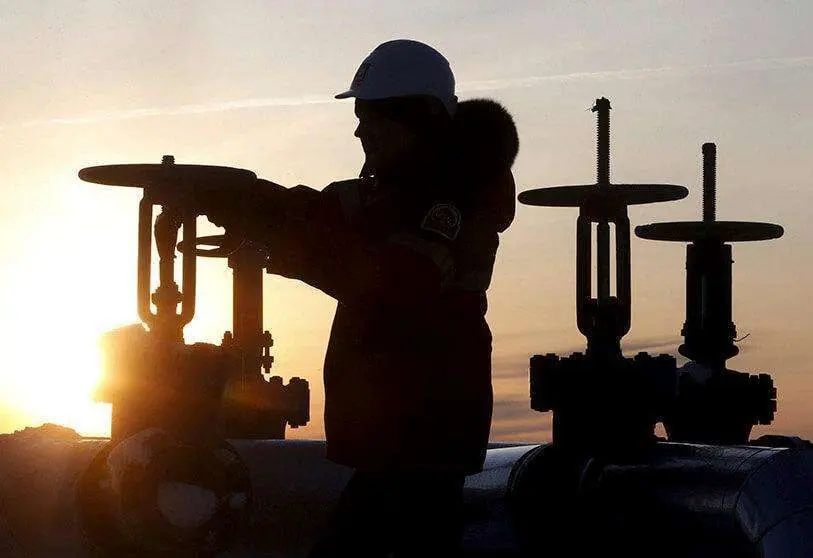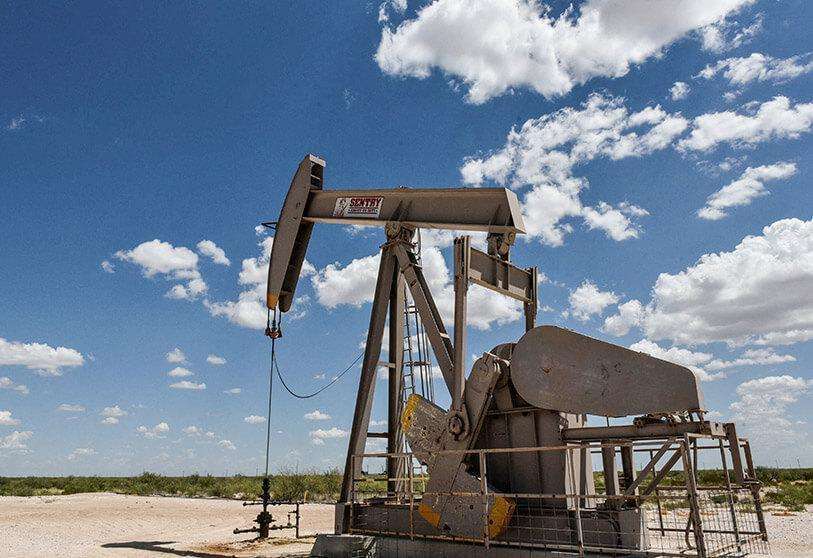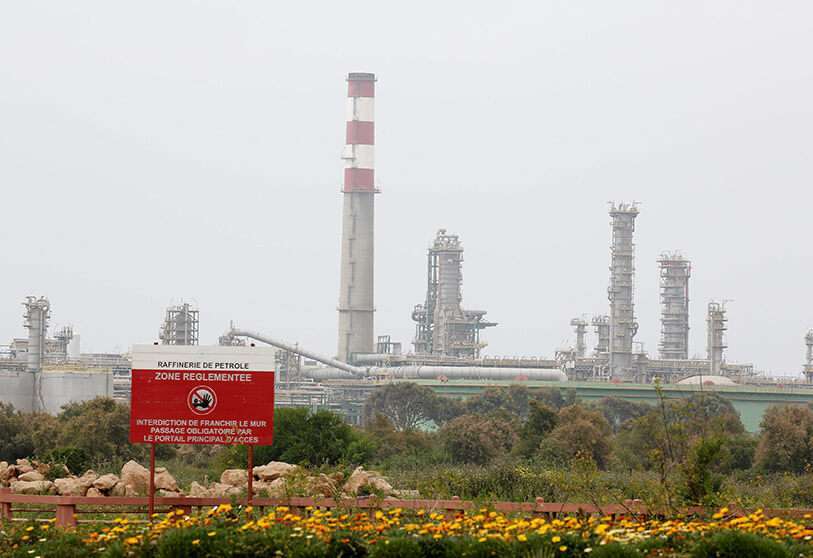Marruecos: Genel Energy es la compañía designada para la explotación en Lagzira

In a statement, Genel Energy said the Lagzira block, formerly known as Sidi Moussa, is a large offshore licence in water depths of between 200 and 1,200 metres and covers a highly prospective area for oil exploration. According to the company's statement, Genel Energy has a 75% contribution to the project, while Morocco's ONHYM holds a 25% stake. The agreement covers an eight-year exploration term consisting of three exploration periods. Under the terms of the agreement, Genel Energy, which has been present since 2012, will continue work on the oil facilities until at least 2031.
In terms of the permit, the British company says it has identified 18 highly prospective areas with more than 2.5 billion barrels of oil equivalent (bboe), and individual prospects estimated at between 100 and 700 million barrels of oil (MMbbls) each. After initialling the deal, the UK company announced that it has initiated a process to find a partner to fund the exploration programme. The company plans to use the funds to drill and test one of the high-grade prospects. The figures are all estimates obtained through various studies carried out since 2018 thanks to a 3D farm-out system.

Genel Energy is a hydrocarbon producer whose niche market focuses on oilfield exploration. The London-based company has assets that are well positioned among its competitors, mainly due to low costs. In economic terms it gives them a special resilience compared to other similar companies. Genel signed its first PSC in the Kurdistan Region of Iraq more than 20 years ago in 2002, the first foreign company to do so. Genel has already invested more than $3.5 billion in the region, supporting and creating thousands of jobs and making a significant material social and economic contribution to the region.
Morocco, whose economy is resilient to international energy market fluctuations, is seeking alternatives to hydrocarbon imports and the development of renewable energy to underpin its energy sovereignty. The ONHYM filing notes that the cost of Morocco's imports of energy products has doubled this year from Dh45.16 billion (€4.138 billion) in the first nine months of 2021 to Dh103.058 billion (€9.442 billion) in the same period of 2022. This increase comes, according to the letter, because prices on international markets have doubled and the amount imported has also risen by 11.5 %.

The discovery of oil in Morocco, the only country in North Africa that did not have black gold, has caused major social and economic upheaval in the country since it gained independence in 1956. Since then, the strategies and policies adopted by the Kingdom have only fuelled its ambition to grow to meet its 2030 target. By the end of 2021, Morocco's installed capacity in terms of energy amounted to 4,050 MW, representing a share of almost 38%. Thanks to its continued quest for foreign investment that the North African country has been able to attract, Morocco could reach the target of 52% of its production capacity.
The richest countries in Africa are those with significant natural resources, such as oil and natural gas and other minerals, such as cobalt, diamonds, uranium, silver, bauxite, iron and phosphates. The continent's five most powerful economies have managed to maintain their positions despite the myriad challenges they have faced, all of which have been overshadowed by the outbreak of the coronavirus pandemic. In addition to the impact of the price of a barrel of oil on the GDP growth of certain countries, it is also necessary to highlight the effects of the depreciations of certain African currencies against the dollar, which have had a strong impact on the GDP of many African countries.








